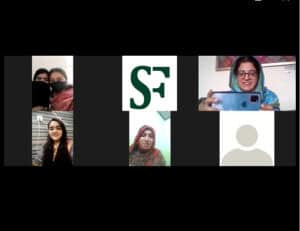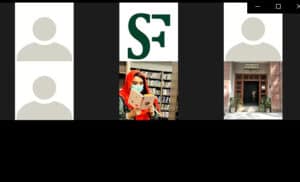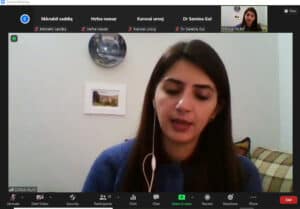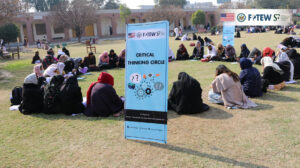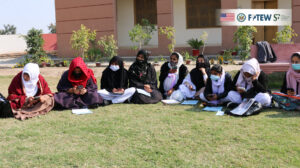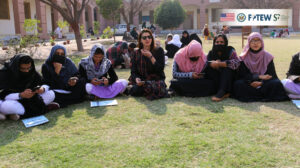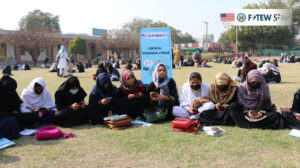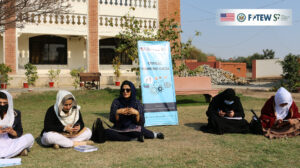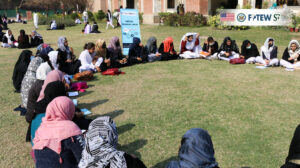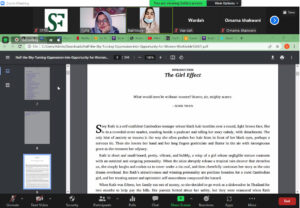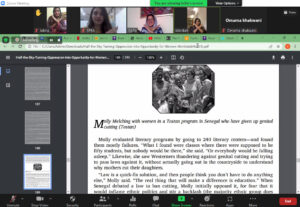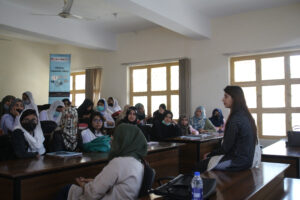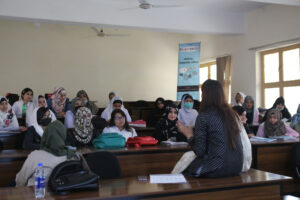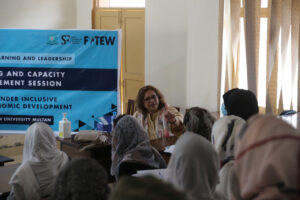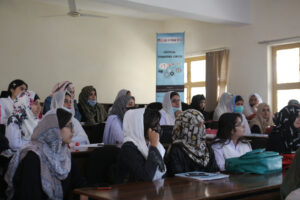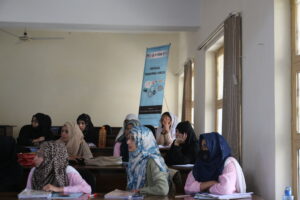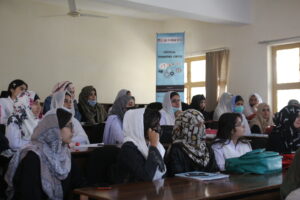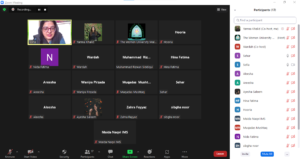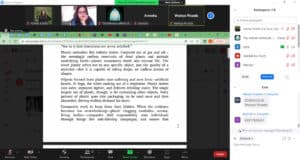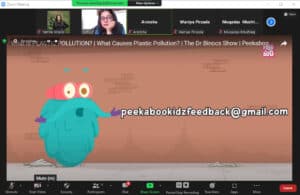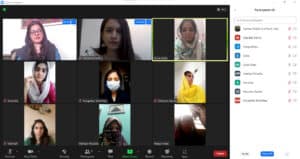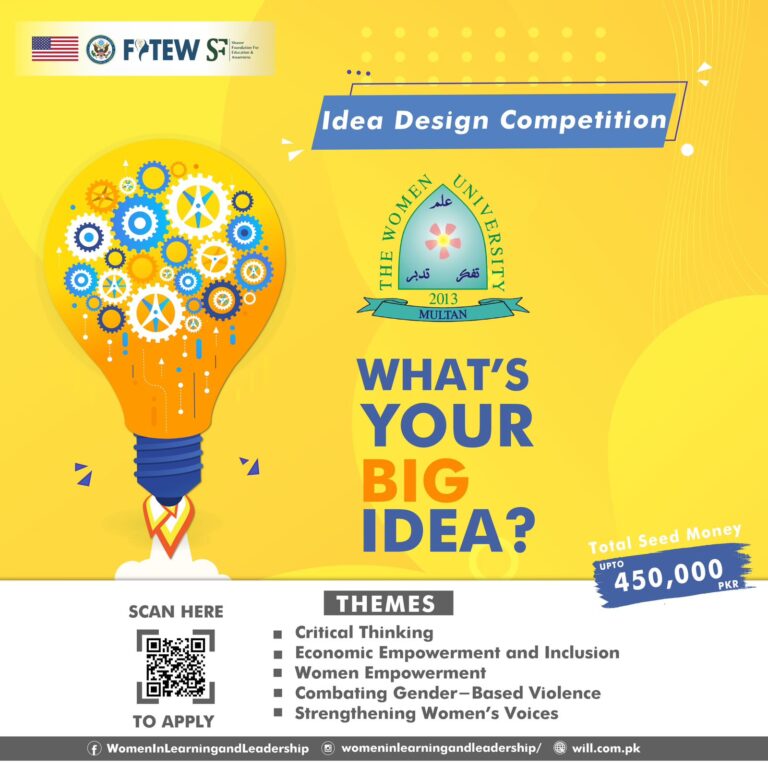Grounding Education in Environmental Humanities
Environmental Crisis in Young Adult Fiction: A Poetics of Earth
A virtual Critical Thinking Circle session was organized for the students of Women University Multan on January 21, 2022, where the book “Environmental Crisis in Young Adult Fiction: A Poetics of Earth” by Alice Curry was discussed. The book investigates desolate young adult fiction through an ecofeminist critical lens, a rapidly growing genre that is important to both studies of youth culture and studies of contemporary environmental literature.
The discussion explored the connections between women and nature in culture, economy, religion, politics, literature, and iconography, and addressed the parallels between the oppression of nature and the oppression of women. These parallels include but are not limited to seeing women and nature as property, seeing men as the curators of culture and women as the curators of nature, and how men dominate women and humans dominate nature. Participants elaborated as how women are seen as domestic, pious, moral, pure, gentle, kind, graceful, simple, and beautiful; making them part of separate spheres. Men and women are seen as fundamentally different in terms of their characteristics due to social conditioning and gender roles, with men being seen as hard-working, industrial, rational, assertive, independent, and proud; none of which are generally connected with nature.
The session helped the students understand new concepts like ecofeminism and environmental crisis. Dr. Sonia and Ms. Sofia moderated the session, whereby they engaged 22 students in debate.
7 Skills for the Future: Adaptability, Critical Thinking, Empathy, Integrity, Optimism, Being Proactive, Resilience
Half the Sky: Turning Oppression into Opportunity for Women Worldwide
Visiting Jaipur changed my impression of India
Critical Thinking Circle session was organized for the students of Women University Multan based on Visiting Jaipur changed my impression of India. The article was written by Dr. Sonia Irum for Express Tribune. The session was moderated by Dr. Sonia Irum. Ms. Sofia and Dr. Munazza were also present in the discussion. The article talks about the experience of a Pakistani student as she explores India. Due to historic tensions between Pakistan and India, the article and following discussion helped the students identify their stereotypes and false perceptions about ethnic, religious and social practices in India. All participants voiced their opinions both in favor and against people-to-people ties and bilateral relations between India and Pakistan. One participant, Muqadas Nazeer stated that, “The enhanced level of people-to-people contributes to the narrowing down of the trust deficit and removal of misperceptions in the psyche of the people of Pakistan and India”. However, Isra Pervaiz didn’t favor the visit because of the risk of safety and discrimination involved. It was agreed that achievement of durable peace through result-oriented and productive talks to which both countries are committed under the peace process will serve the long-term national security interests of Pakistan resulting in cross-border peace. This will help both countries to direct defense budgets for the progress of the countrymen and countrywomen. The session helped the audience discuss and analyze the reasons behind Indo-Pak tensions including the role of media and foreign agents. It was demonstrated that respecting each other’s right to opinion based on background knowledge forms the basis of peaceful coexistence in all realms of life. The session was attended by 27 students.
Plastic: An Autobiography
A virtual Critical Thinking Circle session was organized for the students of Women University Multan on April 30, 2022, where the book “Plastic: An Autobiography” by Allison Cobb was discussed. The writer talks about her fascination with a plastic-strewn Hawaiian beach. She and three others have arrived at Kamilo Beach—a site long overrun by debris from the Great Pacific Garbage Patch—after an arduous journey over miles of treacherous rock. As they approach the remote shore, brilliantly colored plastic pieces of every conceivable size and shape greet them Cobb is well aware of the damage being done to both animal and human life by the chemicals leaching off this vast slew of toxic detritus, having spent years researching them. Still, she’s consumed by the sight, finding it “kaleidoscopic, mesmerizing.” These same words perfectly describe her book.
Plastic is a biography, etymology, journalistic reportage, and self-reflection into a perceptive look at humanity’s relationship with plastic. While many of its narratives appear unrelated at first, connections between them gradually emerge. In several entries into a detailed history of the development of the hydrogen bomb, for example, we suddenly realize the bomb’s connection to modern-day plastics: namely, that its byproduct, polyethylene, is the primary culprit in today’s plastic pollution crisis. Unexpected connections like this can be found throughout the book. Even in chapters where plastic is not explicitly mentioned, its presence is felt, just as plastic’s long fingers reach into every aspect of our modern lives.
The session lasted for 60 minutes and was moderated by Ms. Sofia Hussain. The session was attended by 17 students in total. Ms. Sofia kept the attendees engaged throughout the session by conducting various activities and showing relevant informative YouTube videos. The students were asked to list the plastic products they use in their daily lives and how they can replace them. This activity resulted in some very useful discussions about how to reduce the use of plastic, which will benefit each participant in their life.
